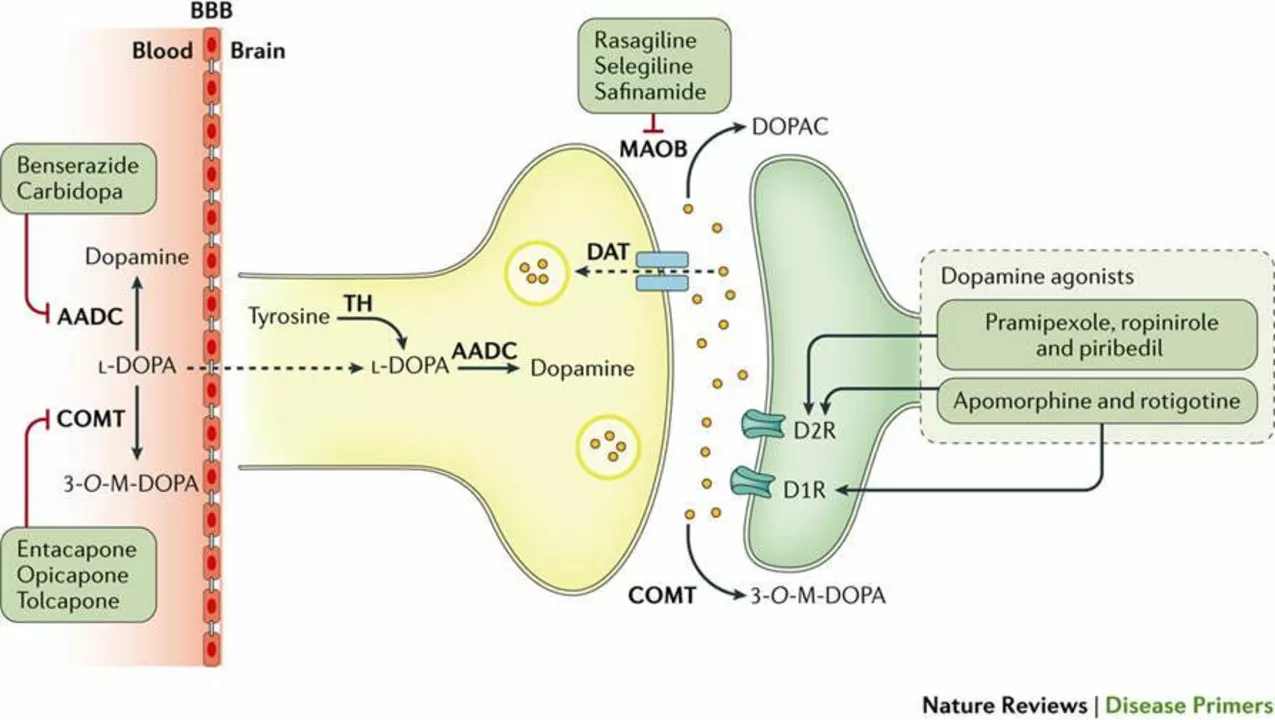
From my research, it appears that the effectiveness of butenafine can vary depending on the severity and type of fungal infection. Generally, users may start seeing improvements within a week, but it typically takes about 2 to 4 weeks for the infection to fully clear up. It's important to continue using the medication for the prescribed duration, even if symptoms improve sooner. Remember, always consult your healthcare provider for accurate information tailored to your specific condition.

As a sufferer of chronic hives, I've recently discovered the significant role cetirizine plays in managing this condition. Cetirizine, a second-generation antihistamine, helps relieve the itching and redness by blocking the effects of histamine in our bodies. This non-drowsy medication has become a staple in my daily routine, greatly improving my quality of life. It's important to note, however, that cetirizine is not a cure for chronic hives, but rather a way to manage the symptoms. If you're also struggling with this condition, I recommend speaking with your healthcare provider about incorporating cetirizine into your treatment plan.

As a blogger, I recently came across some interesting information on how dipyridamole can help manage chronic stable angina. Dipyridamole is a medication that works by improving blood flow in the heart, which can help relieve the chest pain experienced by angina sufferers. By dilating blood vessels and reducing the heart's workload, it allows for better oxygen delivery to the heart muscle. I found it fascinating that this drug has been shown to decrease the frequency and severity of angina attacks, allowing patients to lead a more comfortable life. Overall, it seems that dipyridamole has significant potential in helping manage chronic stable angina for those affected by this condition.

As a blogger, I recently delved into the fascinating world of pharmacology to learn about Tizanidine and how it works. Tizanidine is a muscle relaxant that helps reduce muscle spasticity often experienced by those with multiple sclerosis or spinal cord injuries. The drug functions by inhibiting nerve signals in the spinal cord, ultimately leading to muscle relaxation. Additionally, Tizanidine is known to have a sedative effect due to its impact on the nervous system. Overall, Tizanidine has proven to be highly effective in managing muscle stiffness and providing relief for many patients.
© 2025. All rights reserved.